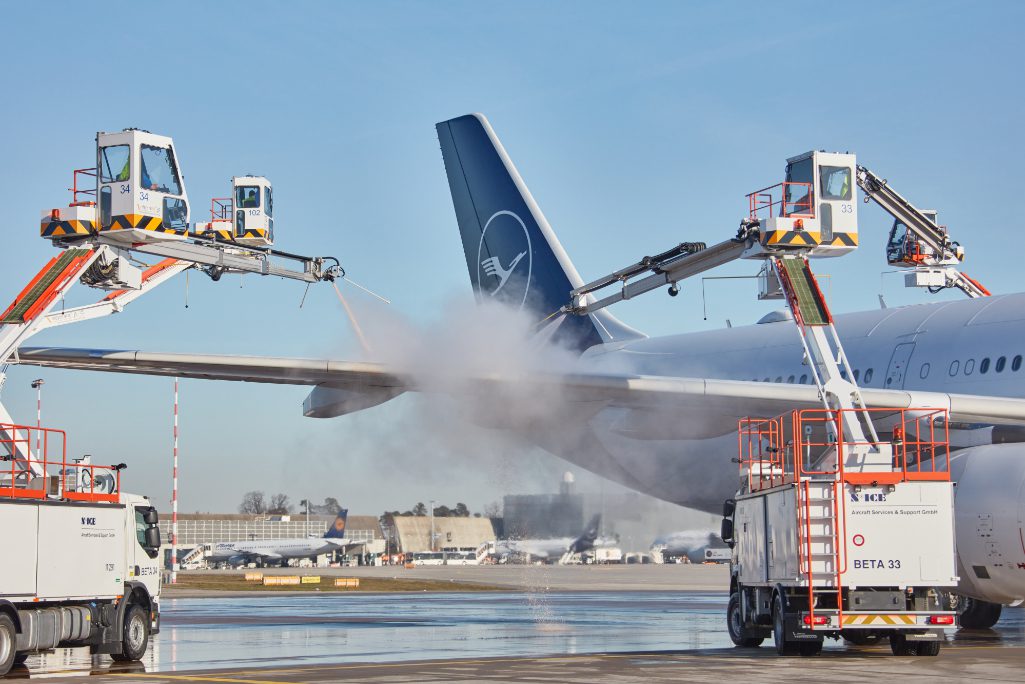Sabre Sale of Tech Firm Airpas Aviation Gives Opening to Private Equity

Skift Take
Sabre wins from the sale of tech vendor Airpas because it represents more progress in a multi-year streamlining of its portfolio. The airline industry might also win if Airpas's new merger with another tech company represents a wave of better cost management tools.
Sabre quietly sold Airpas Aviation, a software provider and consultancy company, to Ventiga Capital Partners, a private equity firm, earlier this year.
Ventiga, the new backer of Airpas, said on Tuesday it had merged the company with FuelPlus Group, which offers software for airlines to administer jet fuel usage — the largest cost center for most carriers. The private equity firm plans to support additional acquisitions. Its goal is to build a travel tech group focused on airline cost management via cloud-based software.
Sabre, a travel technology company based in Southlake, Texas, had acquired Airpas Aviation in April 2016 for $9 million. It touted the subsidiary's skill at helping airlines manage route profitability and manage costs through software. It has run the subsidiary under its airline solutions business segment.
Sabre hadn't made a public statement about the sale, and it didn't mention it during recent financial filings. But a spokesperson confirmed the company has divested Airpas Aviation without revealing transaction details.
The acquisition of Airpas Aviation happened under the watch of Sabre's pre

